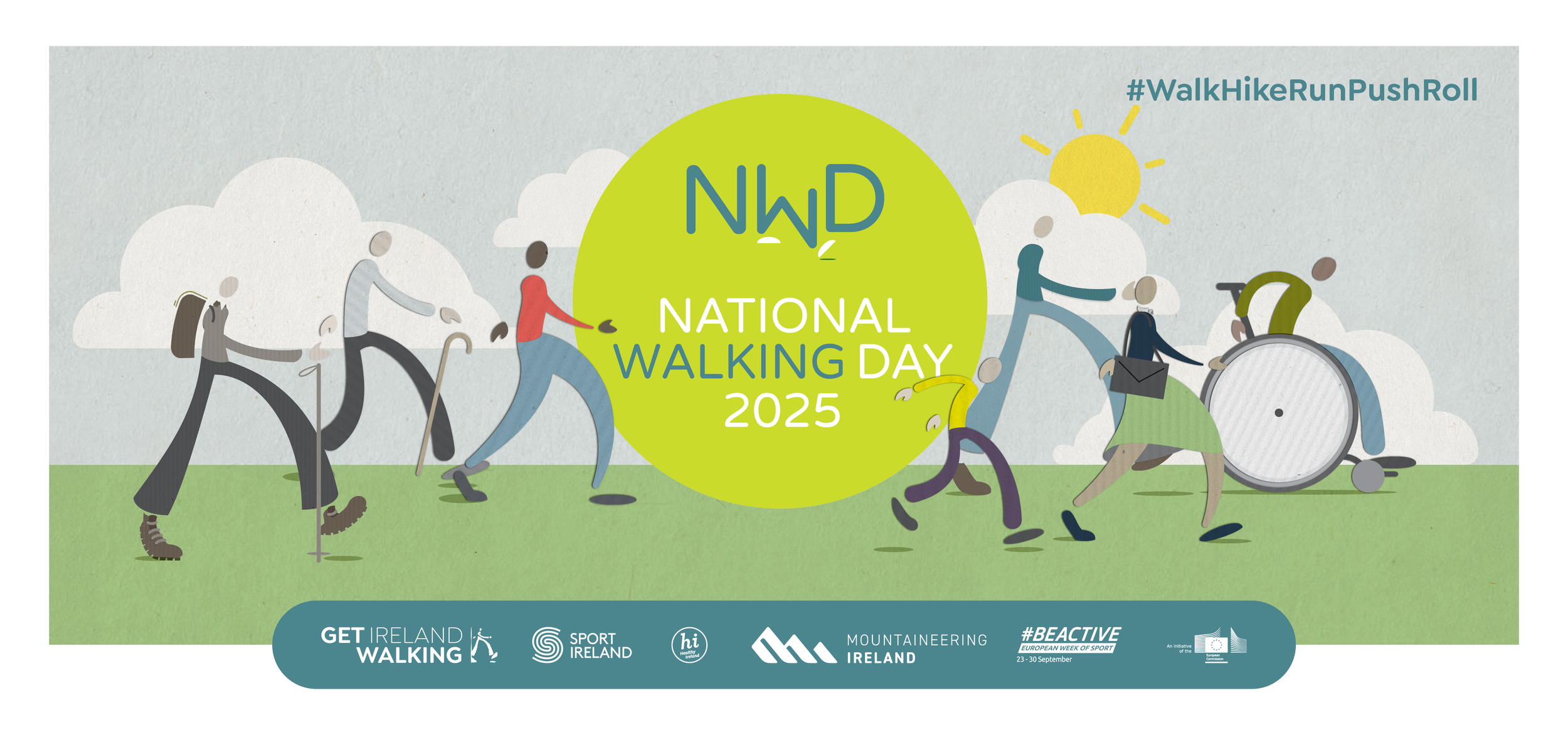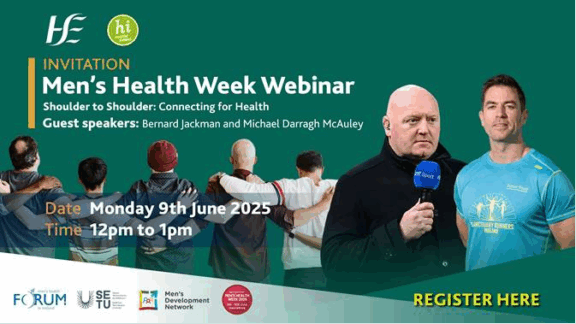Running a small business in Ireland means wearing every hat — sales, finance, HR, operations, even fixing the leaky tap. Now you’re being asked to think about workplace wellbeing. Great in theory, but where do you start in practice?
The good news? It doesn’t have to be expensive. Or complicated. Or another headache. In fact, the best wellbeing ideas are usually cheap, cheerful, and consistent.
Here are some simple, low-cost, high-impact steps plus real-life examples from other small businesses to help you get going.
1. Ask Your Team What They Need
Don’t assume. Every business is different. A quick check-in often uncovers easy fixes.
Examples:
- A café in Galway put up a suggestion box asking: “What would make your shift better?” – staff asked for better stools to sit on between busy spells.
- A small IT firm in Dublin ran a one-question Teams poll: “What wellbeing activity would you actually use?” Top answer was flexible start times, not gym discounts.
- A boutique hotel in Cork asked housekeeping staff what would ease their day. Answer was more fans for hot rooms, not mindfulness sessions.
- A Kildare construction firm did a tea-break survey: “What’s one small change that would help you feel better at work?” The winning idea was proper wet gear for rainy days.
2. Lead by Example
If you don’t model wellbeing, nobody else will.
Examples:
- Owner of a bakery in Wexford stopped staying until midnight and told staff openly: “I need rest to work better, so do you.”
- A Monaghan garage owner takes a proper lunch every day. Staff now follow suit.
- A Dublin accountant blocks out 20 mins in the morning for a walk and tells clients not to book over it.
- A Waterford SME owner used her staff WhatsApp to say she was taking a mental health day making it okay for others to do the same.
3. Keep It Simple and Doable
Wellbeing doesn’t need big budgets. Small tweaks add up.
Examples:
- A Kilkenny café swapped fizzy drinks in the staff fridge for sparkling water and juice.
- A Donegal print shop cut meetings to 30–45 minutes max.
- A small Dublin design studio swapped one weekly sit-down for a walking meeting.
- A Clare hairdresser keeps fruit and nuts at the counter instead of biscuits.
4. Link It to Your Business Values
Wellbeing makes business sense so connect it to what you do.
Examples:
- A Sligo childcare provider says: “We can’t care for kids unless we’re cared for too.”
- A Meath catering company frames rest as key to good service: “Tired staff make tired food.”
- A Tipperary farm shop says: “Good health is our business, and it starts with us.”
- A Kerry hotel uses the mantra: “Hospitality begins at home… with our staff.”
5. Build It Into the Day
If it takes extra effort, it won’t stick. Make it part of the routine.
Examples:
- A Dublin legal firm starts Monday meetings with: “What’s one good thing you did for yourself last week?”
- A Wexford office ends Friday with a 10-minute debrief and a reminder to log off on time.
- A Mayo pub owner insists on a hot meal break during long shifts, no exceptions.
- A Clare retailer rotates staff so everyone gets at least one 15-minute outdoor break.
6. Create a Safe Space to Talk
If people can’t speak up, small issues snowball.
Examples:
- A Kildare restaurant owner told staff: “Mistakes and misunderstandings will happen. The important thing is to own them and help each other to resolve them.”
- A Carlow café uses a weekly check-in: “What’s one thing you’d change if you could?”
- A Galway call centre shared the EAP (employee assistance programme) number on the office wall, normalising using it.
- A Wicklow logistics company boss openly admitted to seeing a counsellor. Staff later shared they were struggling too.
What NOT to Do
- Don’t force it – no compulsory 5k runs or mandatory yoga.
- Don’t do surface perks only – free pizza won’t fix 14-hour days.
- Don’t sugar-coat stress – “just be resilient” is not support.
- Don’t ignore managers – if you have supervisors, give them tools to spot burnout.
- Don’t say one thing and do another – wellbeing campaigns don’t work if workloads stay crazy.
Start Small, Keep It Real
You don’t need to be a wellness guru. One fruit bowl, one walking meeting, one weekly reminder to log off. These things build a culture where wellbeing is normal.
And remember, the biggest signal comes from you. If you show wellbeing matters in your own routine, your team will follow.
Want to know more? We’ve put together a 3-part wellbeing handbook for SME owners full of simple tools, and one clear action step each week. Think of it as a starter kit for keeping your team (and yourself) healthier and happier.
What’s Inside the Series
Part 1: Why Staff Don’t Change (and What To Do About It)
Learn the COM-B model: Capability, Opportunity, Motivation. Discover why habits don’t stick and how to fix them.
Part 2: Make it Easy, Attractive, Social, Timely
See how small Irish businesses are using the EAST framework to nudge staff into healthier, happier routines.
Part 3: Tiny Habits, Big Impact: What SMEs Can Learn from Atomic Habits
Find out how to start small, stack habits, and build a culture where wellbeing becomes second nature.
Access the handbook here.
Written by: Rachel Haslam
Rachel Haslam is a multi-award winning communications strategist who believes in the power of communication to change people, businesses, Ireland and our planet for the better. She has over 25 experience in the marketing and advertising industry, with agencies such as Folk Wunderman Thompson and BDO, and in-house with McVities and KP Snacks. Over the course of her career, Rachel has developed highly effective communications and advertising campaigns for both small and large clients including: Irish Life, Waterwipes, Vodafone, Guinness, FoodCloud and many more. She also has vast experience communicating health promotion and behaviour change initiatives, including:
- Persuading smokers to get the help they need to successfully quit (HSE)
- Encouraging 11–14-year-olds to get support for their online wellbeing (Tozi app, Vodafone)
- Making it more normal for the people of Ireland to mind their everyday mental health (HSE)
- Convincing the aspirational cooks of Ireland to use a meat thermometer for perfect and safe results (Safefood)









